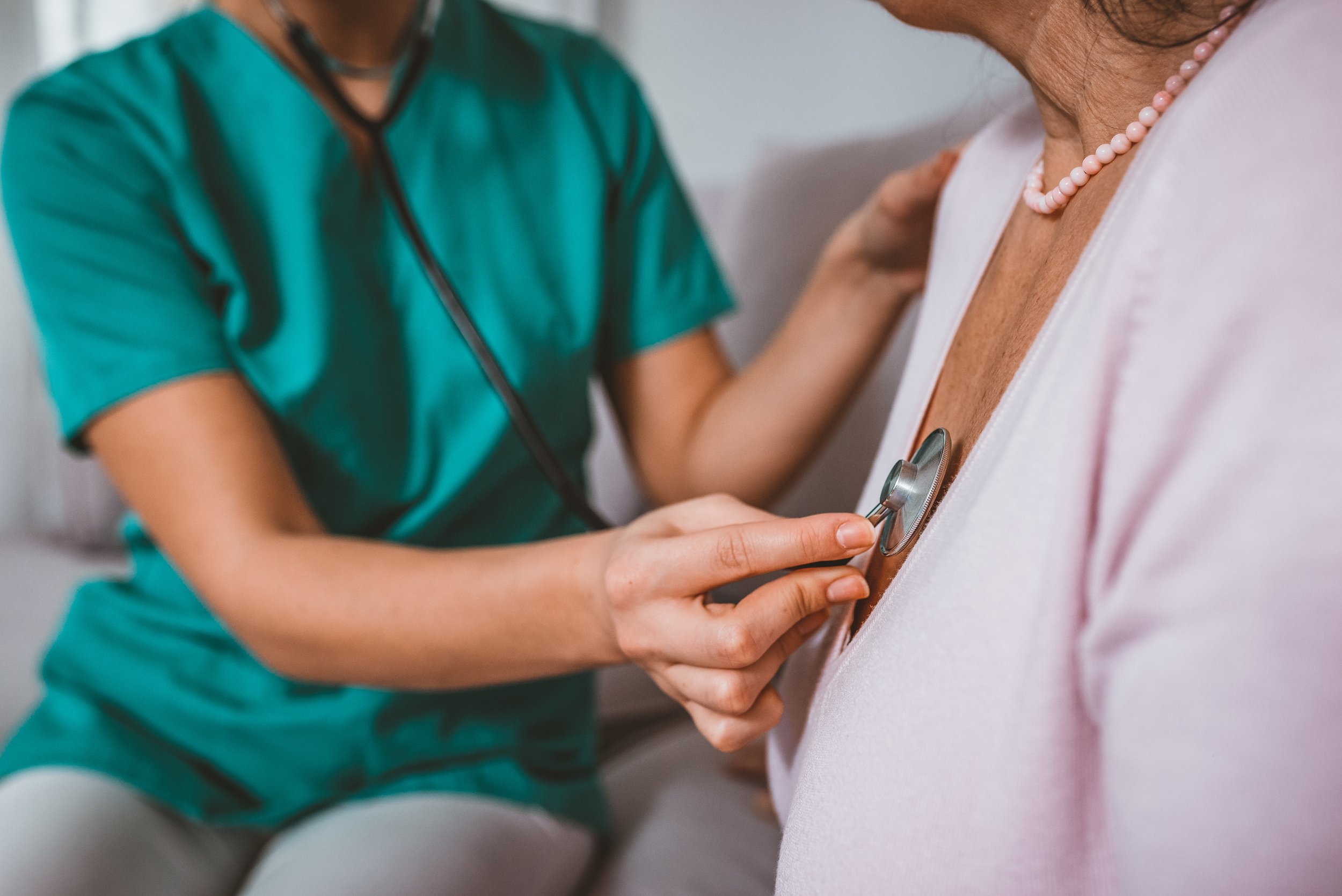
Infective endocarditis
What is infective endocarditis?
Infective endocarditis is when an infection, typically from bacteria, causes inflammation in the lining of the heart. This can damage the heart, including valves. Infected material can also break off and cause complications throughout the bloodstream. Infective endocarditis can be very dangerous if not caught and treated early. Up to 20% of people with infective endocarditis die in the hospital, and half require surgery to treat it.
Causes
A bicuspid aortic valve is something you are born with and can often be the cause of other valve diseases because it means the heart has to work harder to circulate blood. This increased workload causes the heart to “age” faster and be more affected by conditions that lead to other valve diseases. These include high blood pressure, high blood cholesterol, chronic smoking, or diabetes.
There were no causes for Infective endocarditis in the content doc…
Symptoms
Endocarditis symptoms include:
Fever lasting longer than a week
Night sweats
Serious fatigue
Weight loss
New backaches
Strokes or mini-strokes

Treatments
Antibiotics
Because endocarditis is an infection, typically caused by bacteria, antibiotics are crucial to stabilizing the disease.
Surgery
Surgical treatment is required for around half of all cases of infective endocarditis. If antibiotics do not control the infection it can lead to significant valve leakage. This can pose serious health risks, making immediate surgery important.
There is a lot to consider when deciding on treatment. These resources will help you ask the right questions and participate in decision making with your heart team.
Patient Stories
If you have been diagnosed with infective endocarditis, you are not alone. Learn from people who share their experience — and what they learned about diagnosis, treatment and recovery.

Frequently asked questions
What can infective endocarditis lead to?
Infective endocarditis can lead to serious health complications if not caught and treated early. It can lead to heart failure, further valve damage, strokes, abscesses developing around the heart, brain, lungs, and organs, pulmonary embolisms, kidney damage, an enlarged spleen, and death. Prevention and early detection are critical for treating infective endocarditis.
Is infective endocarditis contagious?
How can I prevent infective endocarditis?
Taking care of your teeth and gums is an important way to reduce your risk. This Q&A with a dentist explains how good oral hygiene and regular dental care can protect your heart health.

There is life after treatment.
Each person’s path to recovery will look different. Your treatment plan will be unique to your needs, and likewise, your recovery — the time it takes to return to a normal activity level and adapt to lifestyle changes — may vary from what others experience. Taking time to recover, both physically and mentally, is an important part of your journey.


